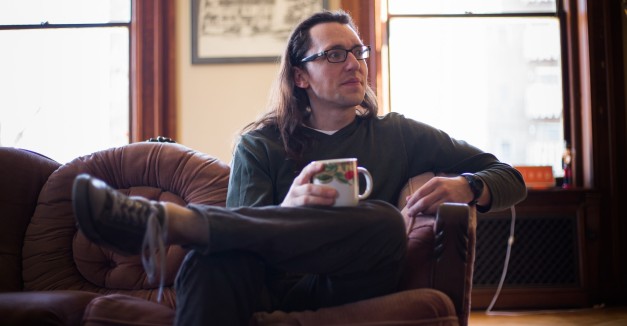I retrieve my cello from its dusty case, adjusting the pegs to match A, D, G and C accordingly. I lengthen my end pin and rosin the bow hair so that it can grip my strings with a clear, full vibration. However, I soon find this sense of confidence to be short-lived. Just as I position myself to play a loud C major chord, I am faced with the disconcerting reality of an elongated, eight-year hiatus.
*PLUNK*
As if the world wanted to remind me just how much I suck, every single bow hair splits from the headplate. The pressure from being in its case too long must have built up after all those years, and I’m inevitably left embarrassed and without a bow.
Luckily, four fellow amateur musicians surround me at Omaha’s newly-found Community Music Lessons — one of them with an extra bow.
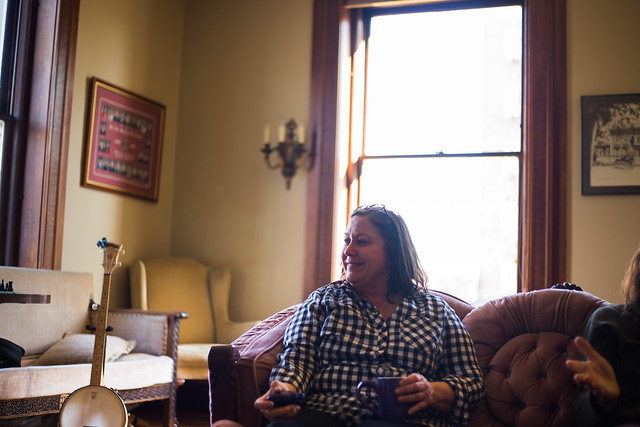
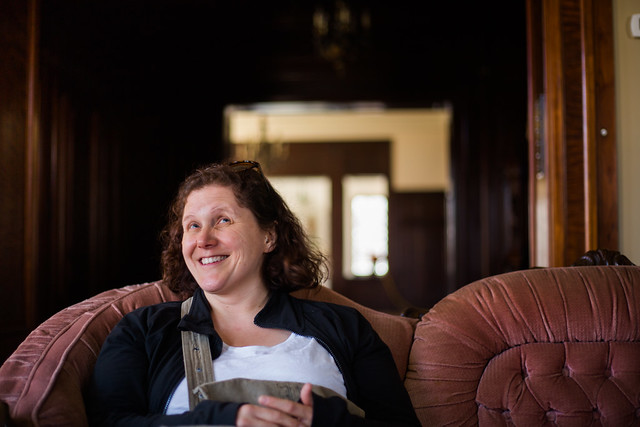
Omaha self-taught musician Drew Dietle founded the DIY community practice group to help beginner musicians break down barriers and challenges they face in the early stages of musicianship. The group has been meeting on sporadic Sundays since early January.
After my bow breaks, it dawns on me that had I been practicing at home alone, it’s likely that I would have given up by now. This is something Dietle says he has thought about a lot.
“How does it help a person to come here versus just picking up a cello at home and playing?” he asks himself.
Dietle, a fourth-year medical student at University of Nebraska at Omaha Medical Center, says the inspiration to start the group came during his medical residency in Portland. He was inspired by a square dance he attended where the accompaniment was a string society of more than 20 amateur musicians.
“A lot of them were beginners, and I saw the potential for something like that here,” Dietle says.
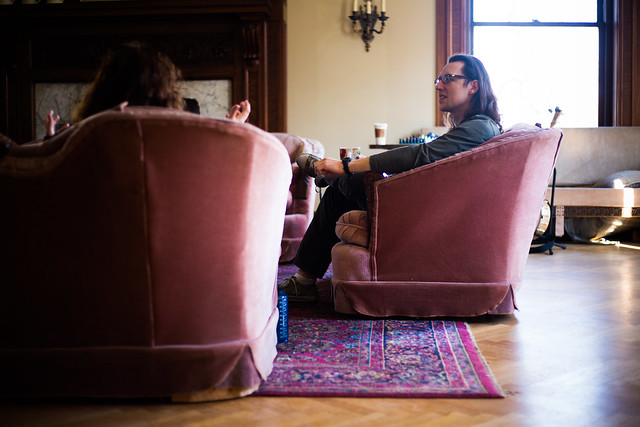
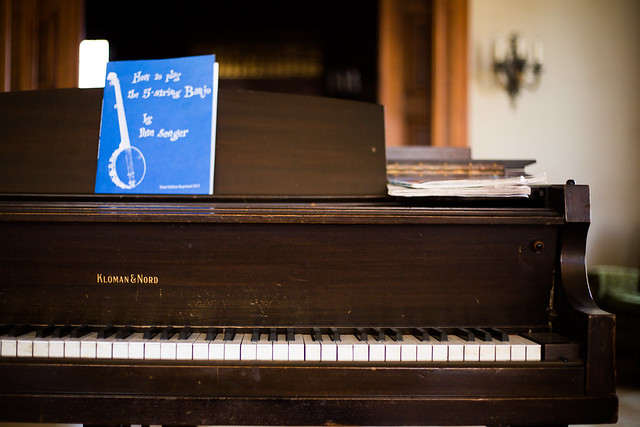
When Dietle returned to Nebraska, he started tossing around the idea with friends and colleagues. He began asking people what is it that keeps them from learning a new instrument, discovering that most people just don’t know where to start, especially those who were just practicing by themselves at home. While the growth of DIY culture has made teaching oneself music more accessible, the support from a community is a crucial aspect to not feeling alone in the process.
“We have so much access to information. Anybody can go to a music store and get the books or just go online and look up Youtube lessons,” Dietle says. “There’s so much already there, but what people don’t have is a community where they can talk and tell people about it.”
For roughly an hour, Dietle leads the group through a discussion where we listen to each other speak about our musical endeavors. Some are excited to share a song they’d been practicing, while others shamefully admit to ignoring their instruments all week.
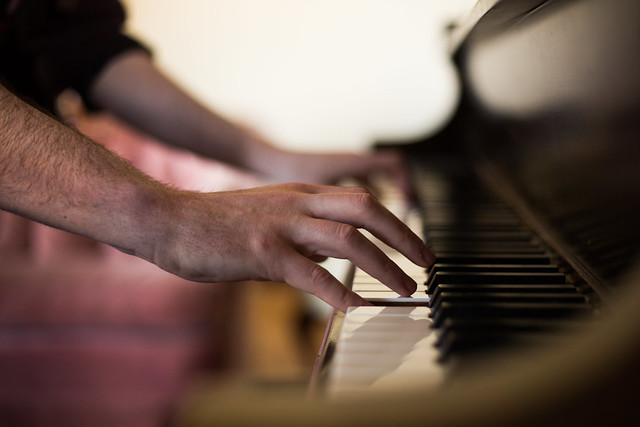
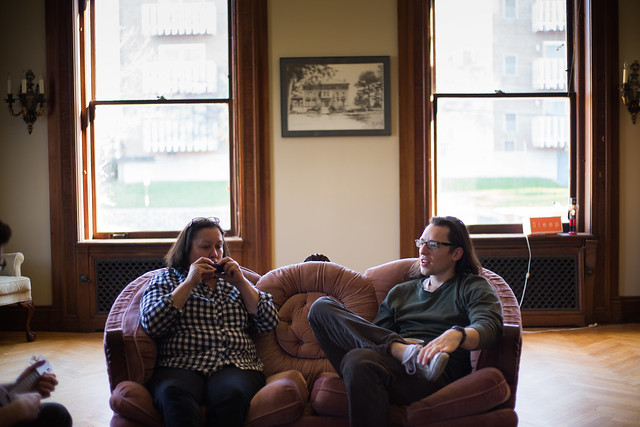
Participation in the group isn’t restricted to any particular craft or skill level. Some people are rather musically inclined, like Dietle, who had learned the piano and guitar before recently picking up the banjo. Others are new to music entirely, like Isaac Ortega– my saving grace disguised as a viola player.
Elizabeth Silknitter has a similar story to mine. She played the piano when she was younger, fell out of practice and is looking to get back in. Benjamin Cass is also somewhere in the middle. He had discovered a deep love for the ukulele, apparent from the way he sways it back and forth and plays a newly-written melody.
While Community Music Lessons meets as a group and is a strong support system, Dietle says it’s ultimately up to the musician to carry the weight of their musicianship, especially when they’re just getting started.
“It’s a do-it-yourself thing,” he says. “You come to talk and hash out some ideas—but you’re going to have to practice.”
The group’s recital, tentatively set for early May, is another motivator to practice outside of Sunday’s meeting time. Dietle and the group laugh as they tell me about their first trial-and-error recital. Playing through the fire alarm that went off mid-performance ended up being the most memorable part of the night.
“The typical experience of going to a concert is you expect people to be proficient and technically good, but as an observer it’s just as interesting to see someone at the beginning of that process of musicianship,” Dietle says.
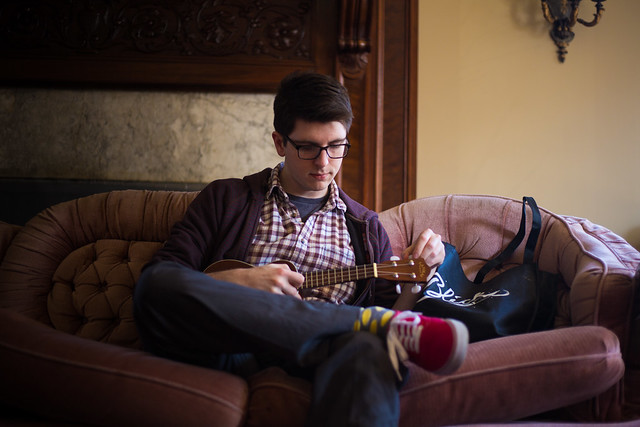
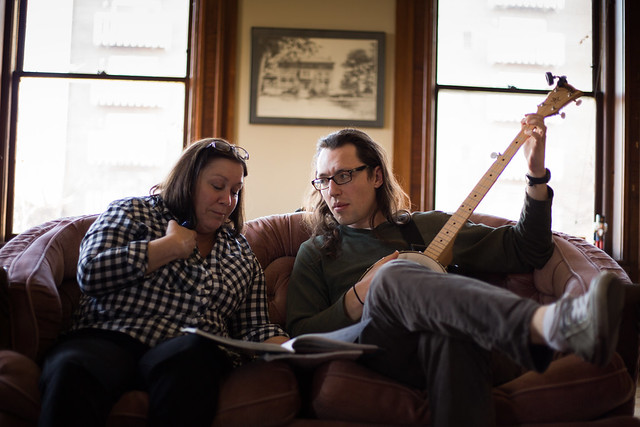
The unpolished moments that come with learning an instrument can lead to a natural inclination to give up. However, having someone there to tell you to keep going makes the embarrassment more bearable. Playing over the screeching noise of an alarm doesn’t sound all that bad. Breaking a few strings and starting over becomes less painful. What could have been a roadblock, or a buzzing annoyance, simply turns into a rhythm to keep playing to.
Because the group is so new, Dietle says he’s still trying to figure out what purpose Community Music Lessons serve. He’s found that having a conversation to look forward to each week can encourage participants to share their progress.
“To me, telling people what you’re doing is like a way of making it real for you,” he says. “It’s just important that somebody’s listening to you play– it’s that whole thing of it making you motivated to practice.”




